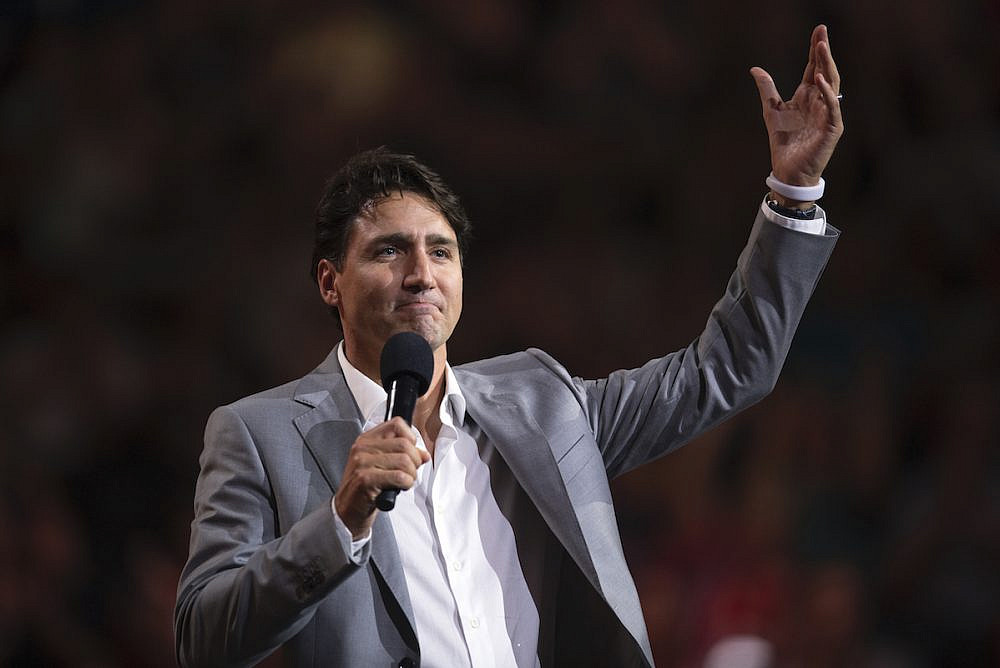VANCOUVER — Free speech is often viewed as one of the great liberties of a democracy, especially in the west. Yet, for the 31,000 Palestinians living in Canada — who play a large part in politics and society — freedom of speech is often restricted when advocating for Palestinian rights.
In late November, Israeli army reservists were invited to a panel discussion at York University in Toronto by Herut Canada, a Zionist campus movement. Members of another university group called Students Against Israeli Apartheid decided to protest the event, “because the York administration had allowed soldiers from an occupying army to use our campus space,” they explained in a Facebook post. The activists, who demonstrated in York’s main student center wearing Palestinian scarves and holding Palestinian flags, were then attacked verbally and physically, simply for exercising their freedom to protest an event promoting Israeli propaganda.
Even Prime Minister Justin Trudeau criticized the activists, writing on Twitter: “On Wednesday night, violence and racist chants broke out against an event organized by the Jewish community at York University. What happened that night was shocking and absolutely unacceptable. Anti-Semitism has no place in Canada. We will always denounce it and all forms of hatred.”
Trudeau’s comments are dangerous: conflating criticism of Zionism with anti-Semitism serves to silence legitimate calls against Israel’s human rights violations. In doing so, he employs Jewish suffering to perpetuate a flawed understanding of the struggle for Palestinian rights and restricts Palestinians’ ability to speak against polices that oppress them. It also censors Palestinian Canadians, whose activism and solidarity is their main method of raising awareness in the diaspora.
Trudeau constantly talks about equality, peace and a diverse Canada, which is home to many minorities, but, like Indigenous people in the country, Palestinians are usually left out of his vision. In fact, the prime minister, who recently began his second term, has habitually held a passive stance on Palestine, even though the government “recognizes the Palestinian right to self-determination and supports the creation of a sovereign, independent, viable, democratic and territorially contiguous Palestinian state, as part of a comprehensive, just and lasting peace settlement.”
It’s not all grim, though. On Nov. 20, Canada veered from its traditional policy on Israel-Palestine and voted yes on a UN resolution recognizing the right of the Palestinian people to self-determination. Both conservative and liberal Canadian governments had voted against this resolution over the past decade.
Meanwhile, some Canadian politicians have also spoken against the Israeli government’s policies. New Democrat Party leader Jagmeet Singh has said on Twitter that he “stands for Palestinians’ rights to freely determine their political status and pursue their economic, social and cultural development.” In 2010, Harper called on former NDP member Libby Davies to resign after she said that Israel’s occupation of Palestinian lands began in 1948. Davies was under fire again in 2014, after urging Canadians to “speak out” against Israel’s assault on Gaza that summer.
The Canadian government prides itself on a progressive human rights stance for all, presenting itself as an antithesis to the United States. Yet its foreign policy position on Palestine has not reflected this. By supporting Palestinian rights, Canada has the opportunity to act on its pledge to human rights. That includes the right to criticize Israel’s policies.

